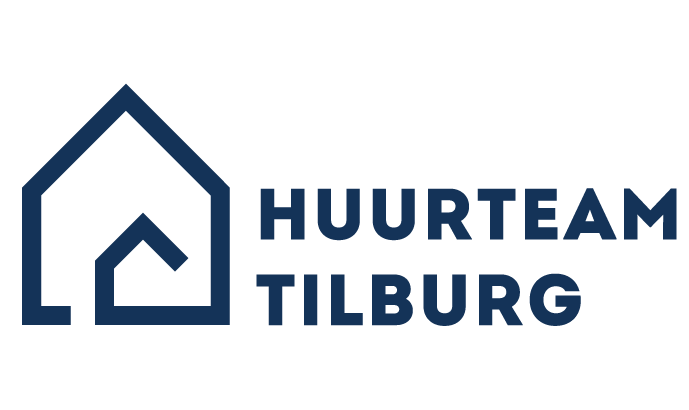Every question deserves personal attention. To give you the an overview of the course of a procedure, you can read how we work to answer your questions. If you want to know more, ask us!
Step 1 - Personal advice
"Thank you for contacting Huurteam Tilburg!". We're happy to be of assistance, but since you contacted us, you might've run into some issue regarding your home. Whether you approached us via Facebook, our contact form, e-mail or through our online consultation, we start by mapping out the situation. Usually we need information for this, such as your rental contract or emails/letters you have received from the landlord. This allows us to assess the case for feasibility and give you personal advice about what the options are. If the situation is difficult to explain, we can always call each other. Often this is enough to get started.
If there is more to it, we will make a follow-up appointment to venture deeper into your issue.
Step 2 - Make a follow-up appointment or schedule a home visit
If more information is needed to answer your question, we may make a home visit. This certainly applies to questions about procedures to reduce rental prices, all-in prices and defects in your home.
During this home visit, we can make a good estimate via a Rental Price Check ("Huurprijs check" in Dutch) whether you are paying too much. In the Netherlands, the maximum reasonable basic rent is regulated by law by means of a point system ("Home valuation system" or "Woningwaarderingsstelsel" in Dutch). A home receives points for, among other things, surface area, facilities and amenities. If there are defects, points may be deducted. This point total indicates the maximum amount that can be asked for basic rent for your home. The point system does not apply to rental properties in the free sector. A home must have at least 145 points for rental in the free sector.
Step 3 - Notify the landlord
In almost all procedures it is necessary that the landlord is informed of the findings of Huurteam Tilburg. We call this a 'request' or an 'objection'. Depending on the procedure, the landlord has a period to respond to this (from 2 weeks to 2 months). During this period we mediate between you and the landlord. We try to keep you out of the discussion as much as possible. We also try, through this mediation, to reach a settlement that feels right for all parties. Sometimes this doesn't work, so we still have to take the step to the Rent Tribunal.
Step 4 - Going to the Rental Tribunal
The Rent Tribunal, an independent body set up by the Dutch government, can rule on the amount of your basic rental price, the settlement of service costs and defects in your home. If problems cannot be resolved in consultation with the landlord, a procedure before the Rent Tribunal can provide solutions. They may make a binding statement about the legal context of the issues you raise.
During this process we will keep you informed of every development, but we also try to reach a settlement with the landlord.
Step 5 - Finishing your question and/or procedure
If we find a solution in cooperation with the landlord, we will draw up a settlement agreement for you. This gives you proof of the agreement between you and the landlord, something that you can fall back on later.
If a procedure with the Rent Tribunal turns out to be necessary, a decision from the Tribunal will follow after a few months. This ruling is binding on the landlord.

